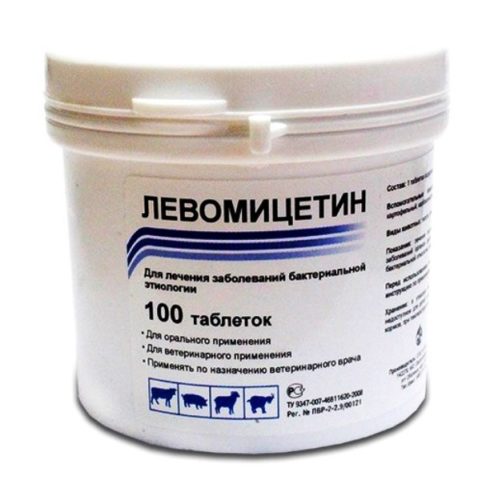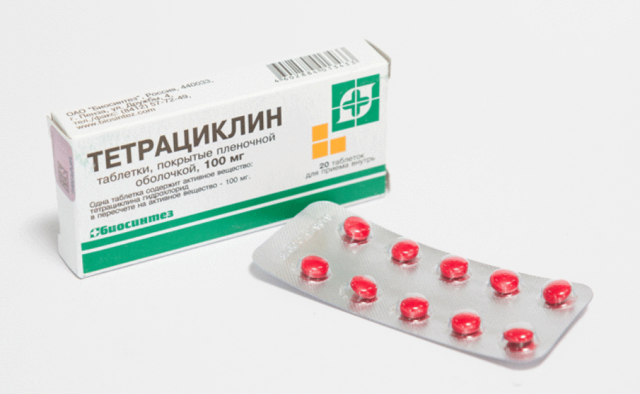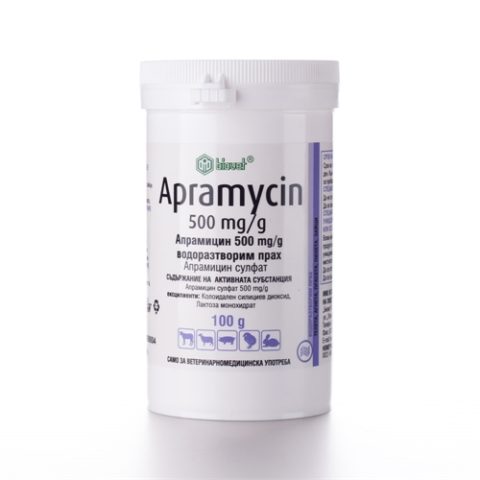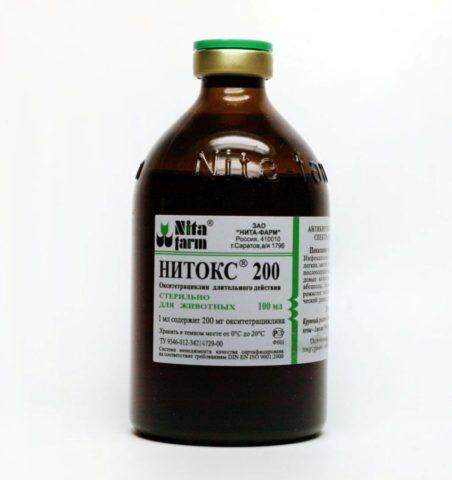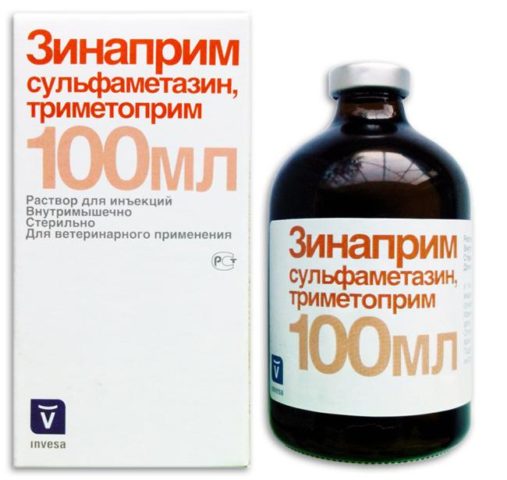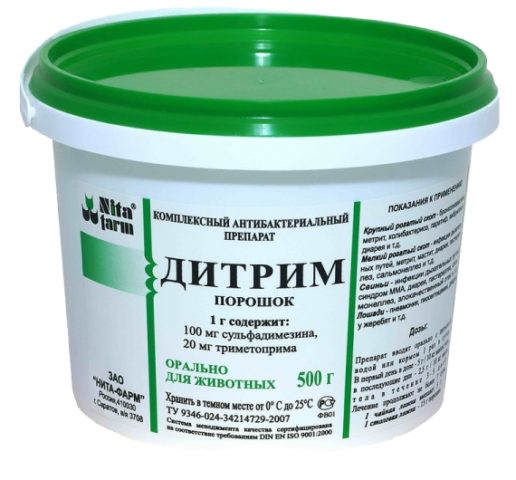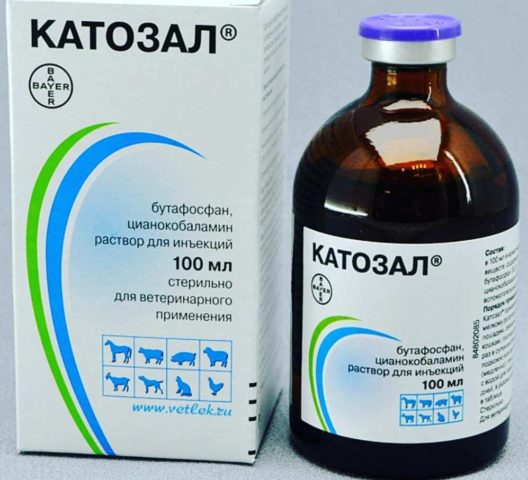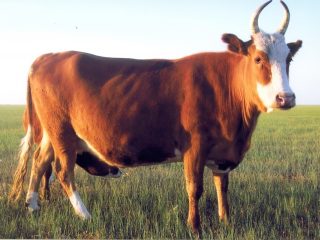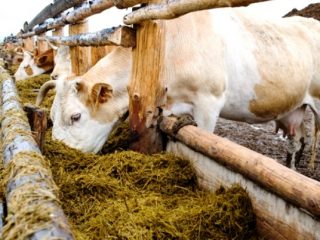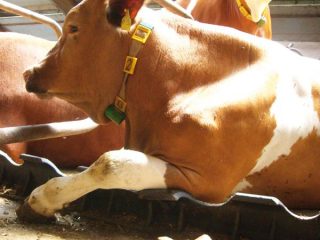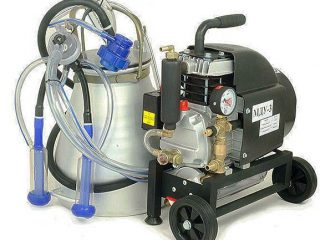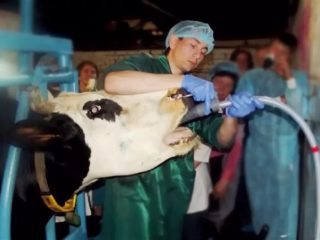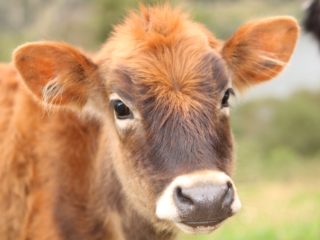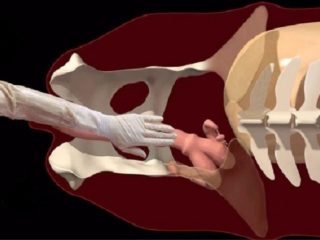Content
All farmers and private owners of dairy cows have had personal experience of treating calf diarrhea. Digestion in young animals, especially newborns, can be upset for a variety of reasons. Often, diarrhea in a calf begins even due to changes in the hormonal levels of the mother. The cow comes into heat shortly after calving, and the calf begins to carry eggs. Owners who bought a small calf also experience diarrhea no less often. But here diarrhea begins for another reason.
Why do calves have diarrhea?
Diarrhea in young cattle is a common occurrence, although adult animals are not immune from this. The difference is that calves are more susceptible to infectious diseases. While an adult can recover on its own by adjusting its diet, a calf’s diarrhea usually does not go away so easily.
Causes of diarrhea can be:
- the appearance of heat in the mother;
- cold colostrum or milk;
- cheap replacement milk;
- sour milk/colostrum;
- milk from a cow with mastitis;
- a sharp transition from milk feeding to plant foods;
- low-quality or moldy feed;
- excess salt in feed;
- bacterial contamination due to unsanitary conditions;
- viral diseases;
- food poisoning;
- helminthic infestation;
- weak immunity.
The latter is most likely even the root cause of intestinal dysbiosis caused by bacterial infection.
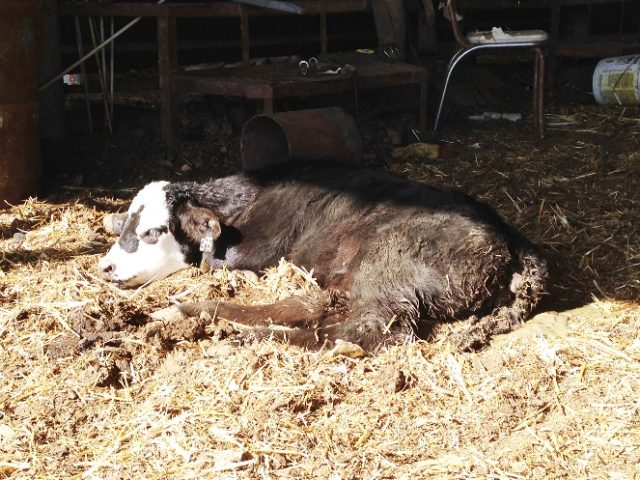
In a calf with a weak immune system, diarrhea is often not the main problem in life.
What is the danger of severe diarrhea in calves?
Diarrhea is dangerous, first of all, due to dehydration of the body. No diuretic will remove water as quickly as full-blown diarrhea will. If diarrhea that occurs in young cattle as a result of maternal heat goes away on its own within a few days, then the infectious intestinal disorder will only progress and quickly lead to the death of the calf.
When dehydrated, the animal appears dramatically thinner. In fact, this means that water has “leaked” from the muscles. A well-fed animal can last longer by breaking down fat cells into carbohydrates and water. Because of this, diarrhea is especially dangerous in newborn calves. All cubs are born very thin, but quickly gain weight. In the event of diarrhea, a newborn calf does not have the safety margin that will allow it to hold out for at least a few days. Treatment should begin immediately, and the cattle owner needs to know the main signs and methods of treating diarrhea.
How to treat diarrhea in a calf
Before treating diarrhea, it is a good idea to determine the cause. Liquid feces of a normal color are most likely poisoning or an upset stomach due to poor diet. White or yellow diarrhea in a calf is a sign of rotavirus infection.Chocolate-colored or reddish feces mixed with blood are pasteurellosis.
Signs of diarrhea resulting from poisoning are unlikely to be noticed in advance. But the symptoms of diarrhea in infectious diseases can be noticed in advance with careful attention to animals:
- temperature above 40 °C;
- decreased appetite;
- depressed state;
- dry nasal planum;
- dried mucus in the nostrils.
These signs indicate the onset of an infectious disease or inflammatory process in the gastrointestinal tract, and the cause of diarrhea must be treated here. With regard to diarrhea, it makes sense to use only drugs that relieve symptoms.
Suckling calves very often suffer from dyspepsia, the main symptom of which is diarrhea. Dyspepsia also occurs in older animals, but much less frequently. The main signs of dyspepsia:
- depressed state;
- worn hips and tail;
- shallow breathing;
- putrid or sour smell of excrement;
- stool up to 14 times a day.
Due to dehydration, the eyes become sunken, the coat becomes dull, and the nasolabial mirror becomes dry and rough. Soon the animal dies, so treatment of diarrhea in calves at home begins without waiting for the veterinarian to arrive.
The owner of cattle must have a first aid kit, which must also include medications for diarrhea in calves.
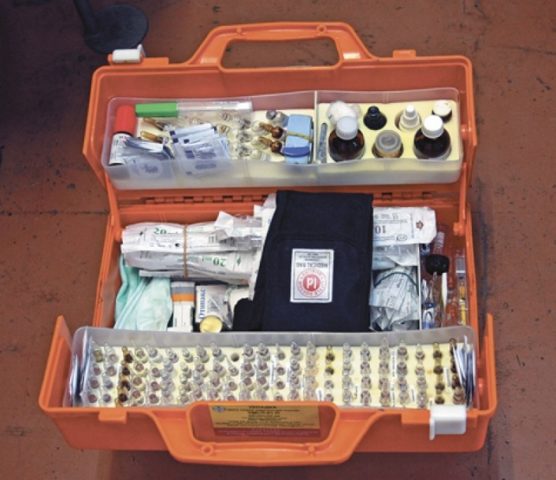
For a first aid kit, it is convenient to use a special suitcase, in which it is easy to find the necessary medication
Medicines for diarrhea for calves
It is better to keep two types of drugs in your medicine cabinet: medicines and folk remedies to stop diarrhea. Medications are classified as antibiotics. Most often they are used if the calf has diarrhea of infectious origin.
If diarrhea continues for too long. In this case, the use of antibacterial medications is also indicated. There are many medications for diarrhea for calves, and the names are often commercial and this causes some problems. If the specified drug is not available, you need to look for an analogue of the active substance, which is not always known to the farmer. To stop diarrhea use:
- Levomycetin: an antibiotic used for gastrointestinal disorders.
- Tetracycline: a broad-spectrum antibiotic used not only for gastrointestinal diseases.
- "Apralan": veterinary antibiotic apramycin. Used to treat colibacillosis, salmonellosis and other similar infections. Convenient for treating diarrhea in dairy calves, as it is also available in injection bottles. This means that there will be no need to once again “load” the gastrointestinal tract. Dose: 20 mg/kg live weight for 5 days daily.
- "Nitox": the commercial name of oxytetracycline dihydrate, that is, an antibiotic of the tetracycline group. One injection is enough to cure calves from diarrhea.
- "Zinaprim": a complex antibiotic containing 200 mg of sulfamethazine and 40 mg of trimethoprim. Used to treat almost any disease that causes gastrointestinal disorders. The course of treatment is 3-5 days, dose 1 g/10 kg of live weight. For calves, Zinaprim diarrhea powder is dissolved in warm water and drunk instead of one of the feedings.
- "Dietrim": complete analogue of Zinaprim. The drug is produced by another company, which has given its products a different commercial name.
- Is a medicinal drug "Katozal" has no antibacterial effect. This medication stimulates metabolism and improves immunity. It makes no sense to use it without drugs that stop diarrhea in the calf. The advantage is that it is available in the form of an injection solution.
Use Catozal in the form of injections
Due to lack of appetite, the animal may leave the drugs in the feeder, and manually pushing the tablets down the throat is very inconvenient. If there is no other form of release of the medicine, you need to crush the tablets into powder, dilute them in water and feed the calf in this form.
When suffering from salmonellosis or colibacillosis, hyperimmune serum against these diseases is used as an adjuvant. The serum itself does not prevent diarrhea in calves, but it helps eliminate the main cause of diarrhea.
Treatment of diarrhea in calves with folk remedies
It is more logical to classify the popular “Burnt Alum” as a folk method for treating diarrhea in calves, if we remember that it is an external powder. Its main purpose is to combat excessive sweating. Alum itself is aluminum sulfate salts. It is believed that burnt alum can stop the development of diarrhea in a few days.
But within a few days, the diarrhea will either go away on its own, or the calf will die from dehydration. So we can fully say about alum that this is a truly folk remedy: either the calf will survive or not.
If you are sure that the cause of the intestinal disorder is not infectious, you can start with less extreme folk remedies, that is, astringent decoctions:
- oak bark;
- rice;
- marshmallow root;
- St. John's wort;
- elecampane roots;
- cereals;
- tansy.
For calves already consuming “adult” feed, dry binders can be added to each feeding:
- dill seeds 10-15 g;
- dried tansy inflorescences 10-20 g, if given fresh, you need to increase the dose by 3-4 times;
- rhubarb root powder 15 g.
It is better to give these herbs in concentrates, since small particles in the hay will fall down and the calf will not pay attention to them. Also, during diarrhea, you should not give a lot of concentrates. Therefore, grain feed is given at the “handful” level, only to add the necessary additive. In all other cases, decoctions are given.
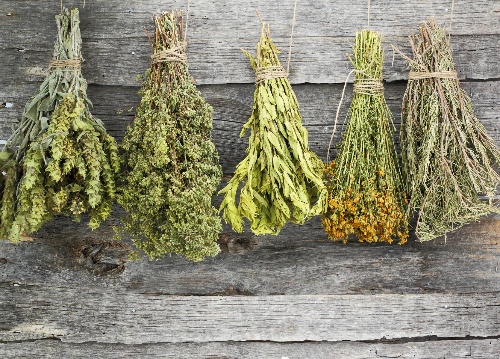
There are many herbs that eliminate diarrhea in nature
In every region you can find wild plants that can be prepared in case of diarrhea in a calf
Recipes for calf decoctions for diarrhea
While the veterinarian is on call to the sick calf, you can take measures against diarrhea using folk remedies that are at hand. It might not help, but it's unlikely to make it worse.
Cereal decoction
Use any grains: oats, barley, rye, wheat. 150 g of unthreshed grain is boiled for an hour in a liter of water. To prevent the grains from sticking to the bottom, stir the brew periodically. The resulting broth is cooled, filtered and given to calves 5 times a day, replacing milk with swill. During the first day of diarrhea, you can give the decoction more often, since the baby will be on a starvation diet. A single dose of decoction is 0.5 l. In fact, the recipe for the decoction is given based on one-time feeding, since after an hour of cooking, just 0.5 liters of liquid will remain.
St. John's wort infusion
Suitable for use on the second or more days of diarrhea, as it requires a long time to prepare. 100 g of dried St. John's wort is poured with a liter of boiling water. Leave covered for 8 hours. Drink 250 ml of infusion 3 times a day.
Flax decoction
50 g of flaxseed are boiled for an hour in 1 liter of water with regular stirring. The resulting mucus is cooled, filtered and diluted with 2 liters of warm boiled water. Calves are given flax decoction twice a day, 0.5 liters at a time.
Oak bark decoction
Boil 50 g per 0.5 liter of water for 30 minutes. Cool, strain, add 2 liters of water. Drink 0.5 liters 3 times a day.
Marshmallow root decoction
100 g of dry root per 1 liter of water. Boil, let cool. Divide into two portions. Drink 2-3 times a day.
Wormwood decoction with calamus root powder
Brew 100 g of dry wormwood in 1 liter of boiling water. Let it brew. Add 10 g calamus root powder. Divide into 2 portions and try to feed this bitter stuff to the calf 2-3 times a day.
Elecampane decoction
30 g of dry elecampane roots per 1 liter of water. Boil for 30 minutes and let it brew. Dilute with a liter of boiled water. Instead of feeding, drink 0.5 liters 4 times a day.
What to feed a calf with diarrhea
On the first day it is better not to feed anything. The calf's gastrointestinal tract must be cleared of possible toxic substances. At the beginning of diarrhea, instead of feeding the animals, they give astringent decoctions to drink. You can also use a weak solution of potassium permanganate. Even a one-day-old calf can withstand one day without food, although this is very bad for its further development: the calf must receive colostrum in the first hour after birth. However, most likely, he will not start having diarrhea until this moment.
But further options are possible. If the uterus is sick with mastitis, then with the first portion of colostrum the calf will receive Staphylococcus aureus and, as a bonus, indigestion.
From the second day of diarrhea, suckling calves are fed as usual, but one or two feedings must be replaced with astringent decoctions. At the same time, you can take antibiotics if necessary.
For older calves, the volume of feed is limited and concentrates and succulent feed are completely excluded. All that is left is the hay. It is ideal if the hay contains herbs that prevent the development of diarrhea: St. John's wort, chamomile, tansy. After the diarrhea has stopped, concentrates, grass and root vegetables are gradually reintroduced into the diet.
Prevention of diarrhea in calves
To prevent the development of diarrhea, certain rules must be followed:
- keep animal premises clean;
- give only good quality food;
- carry out the necessary vaccinations to prevent infectious diseases;
- monitor the composition of the hay so that there are no poisonous herbs in it;
- do not give frozen root vegetables: potatoes, carrots, beets;
- do not feed sour silage;
- Do not give potato tops and green and sprouted potatoes.
Prevention of diarrhea due to dyspepsia in newborn calves should begin in the womb. Pregnant cows are provided with a nutritious diet and a long walk. It is necessary to comply with the launch dates and create good conditions for calving. It is imperative to maintain hygiene in the premises for queens and young animals.
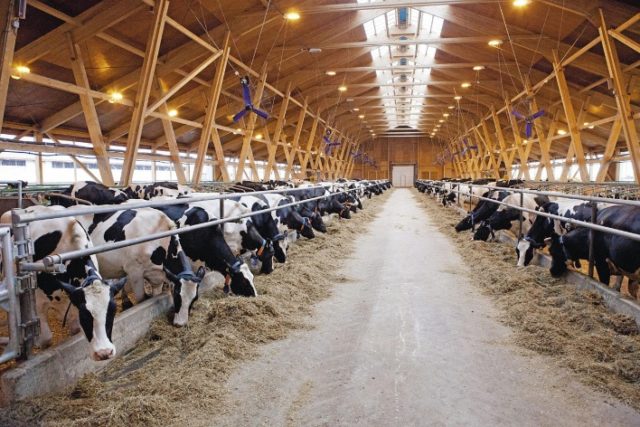
Maintaining cleanliness in the barn is one of the main conditions for preventing diarrhea in calves
Conclusion
Diarrhea in a calf most often occurs due to non-compliance with housing and feeding conditions. The chances of contracting a bacterial infection from other cattle when keeping one cow on a private farm are relatively low.But a farmer with any significant livestock needs to take timely care not only about proper maintenance and feeding, but also about vaccinations against infectious diseases. A private owner should also not neglect vaccination.
